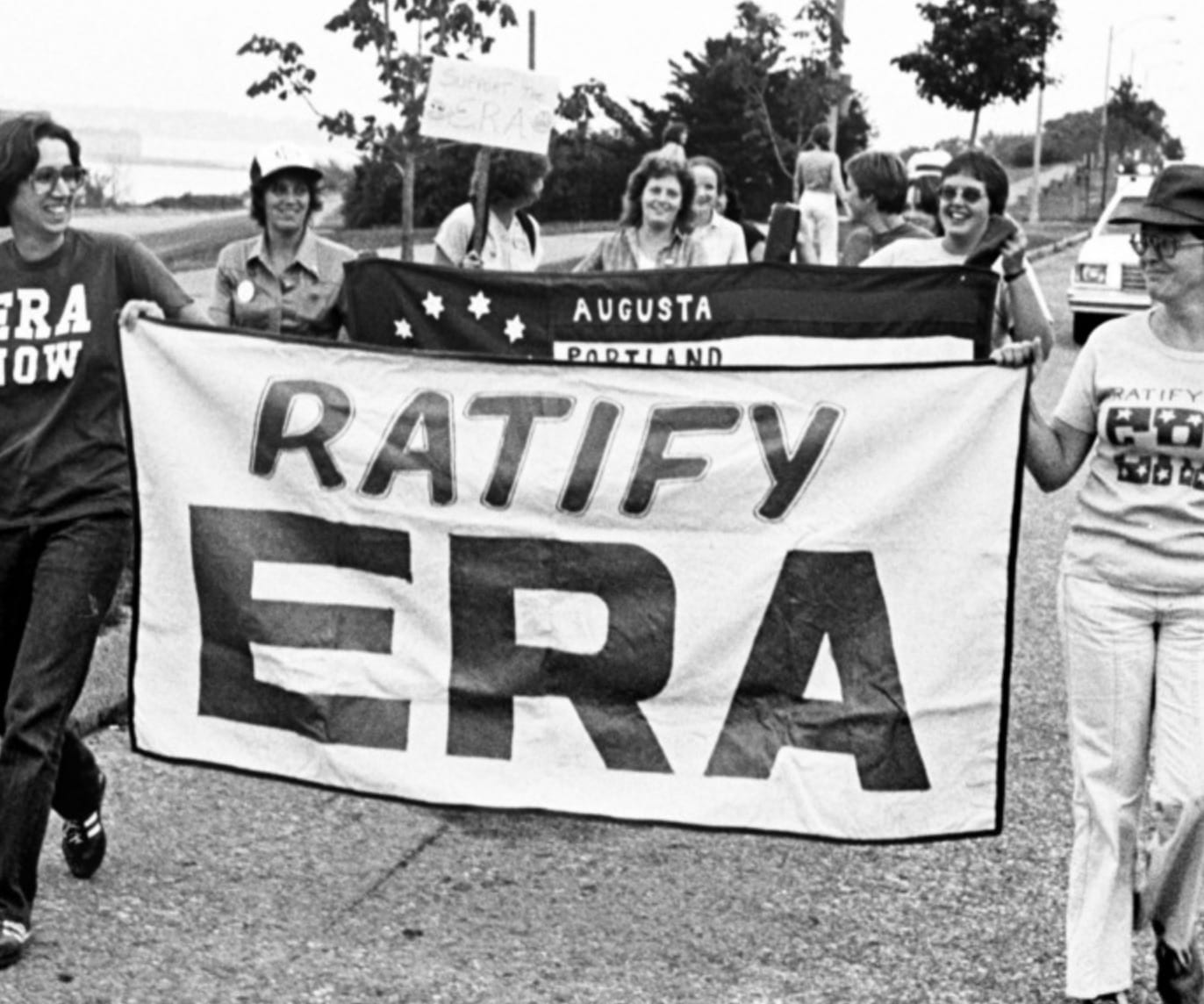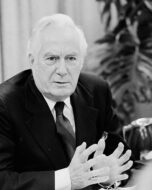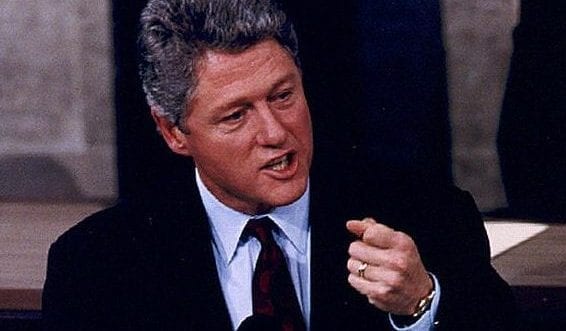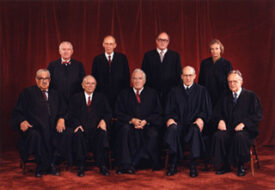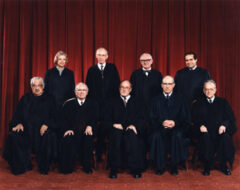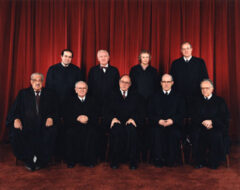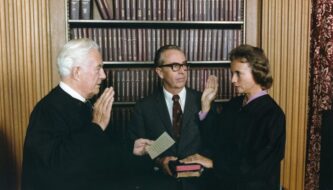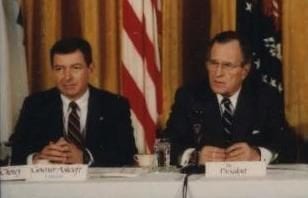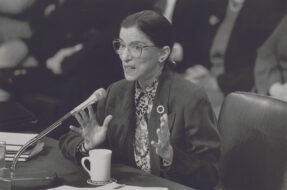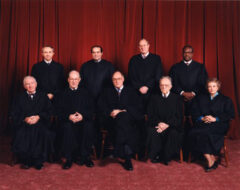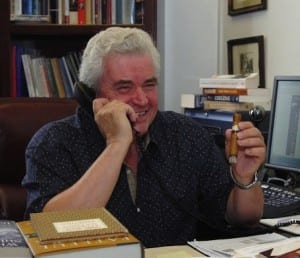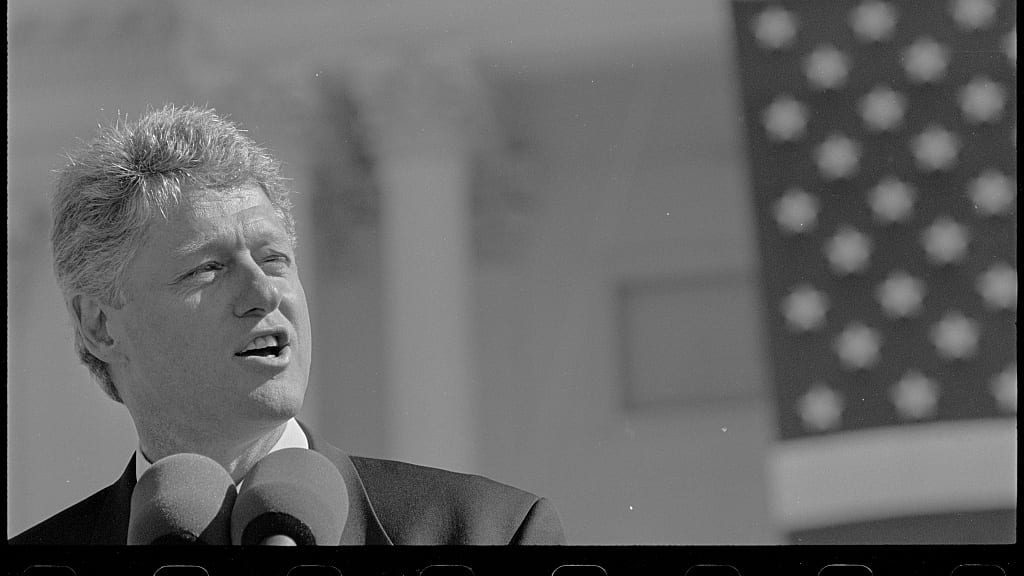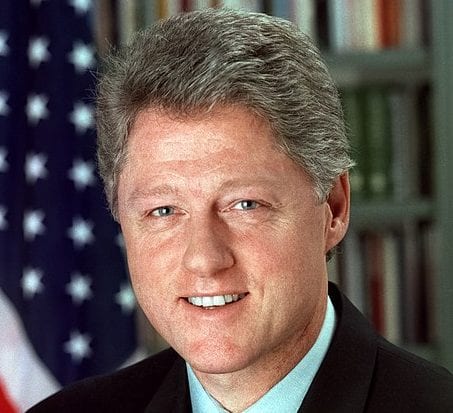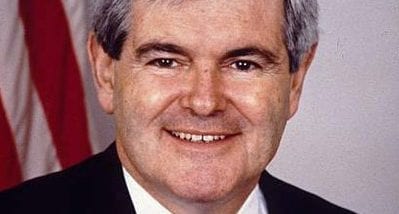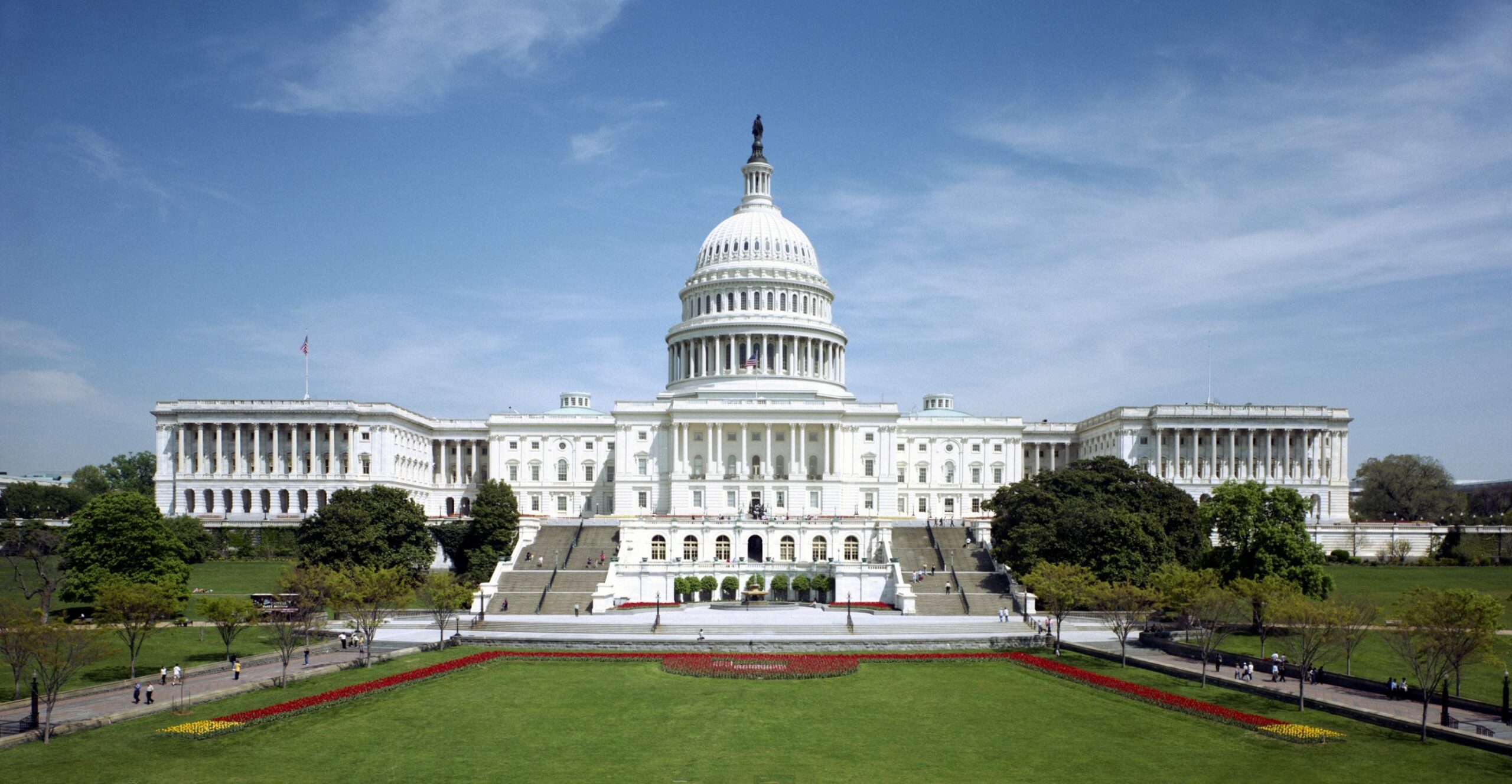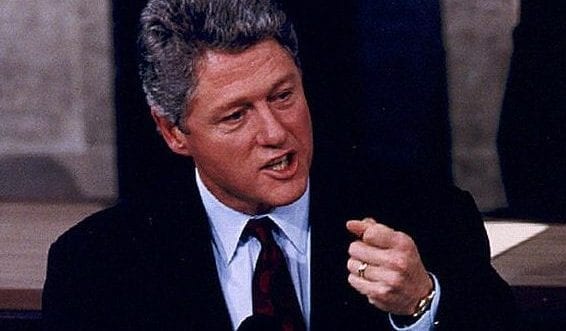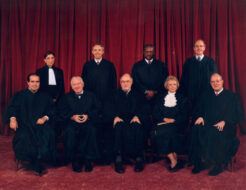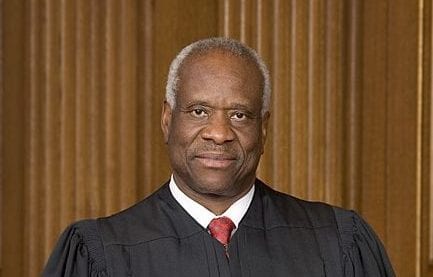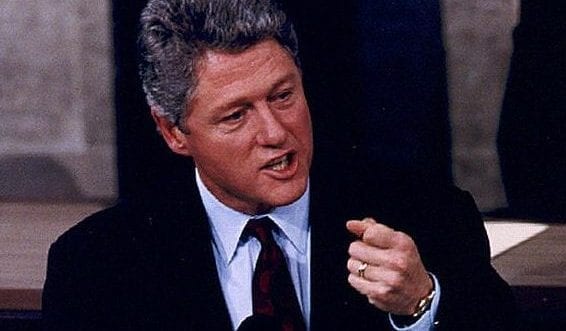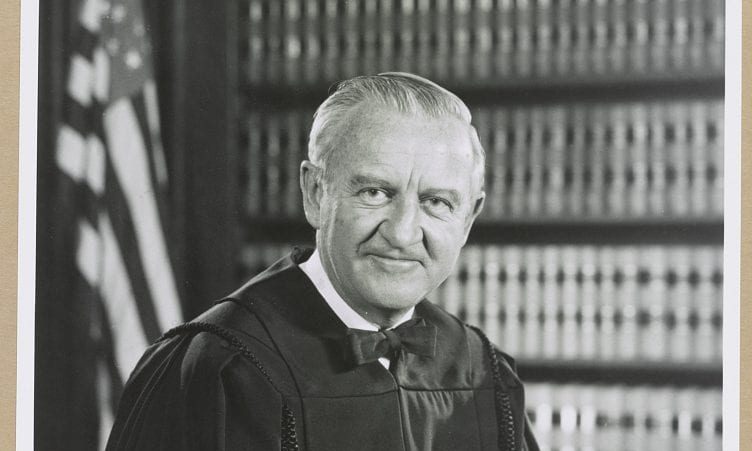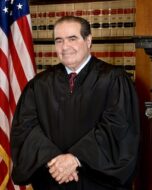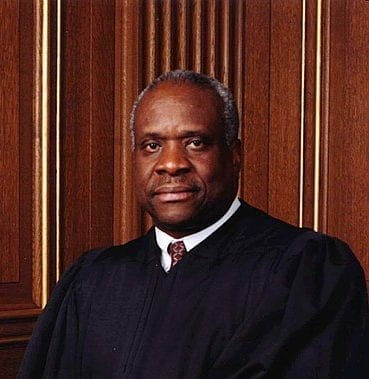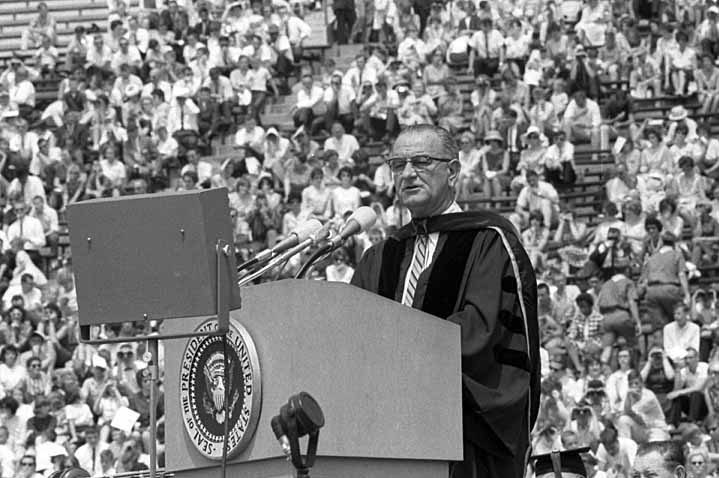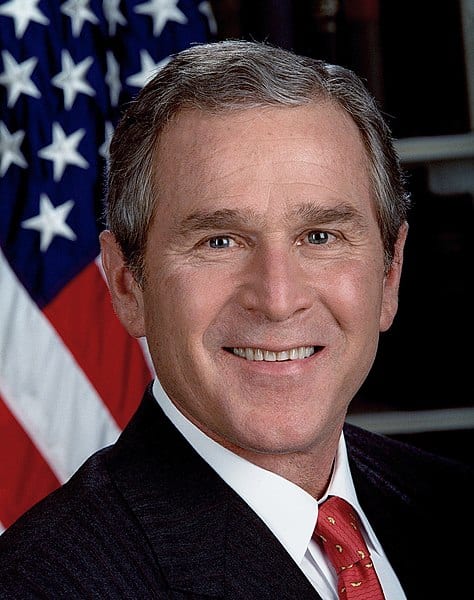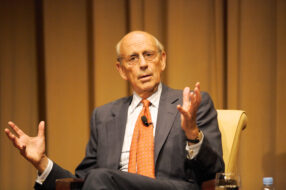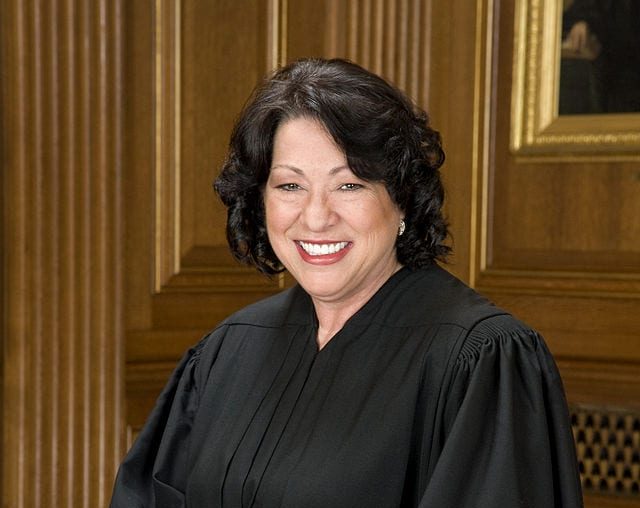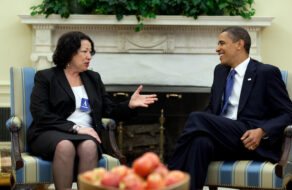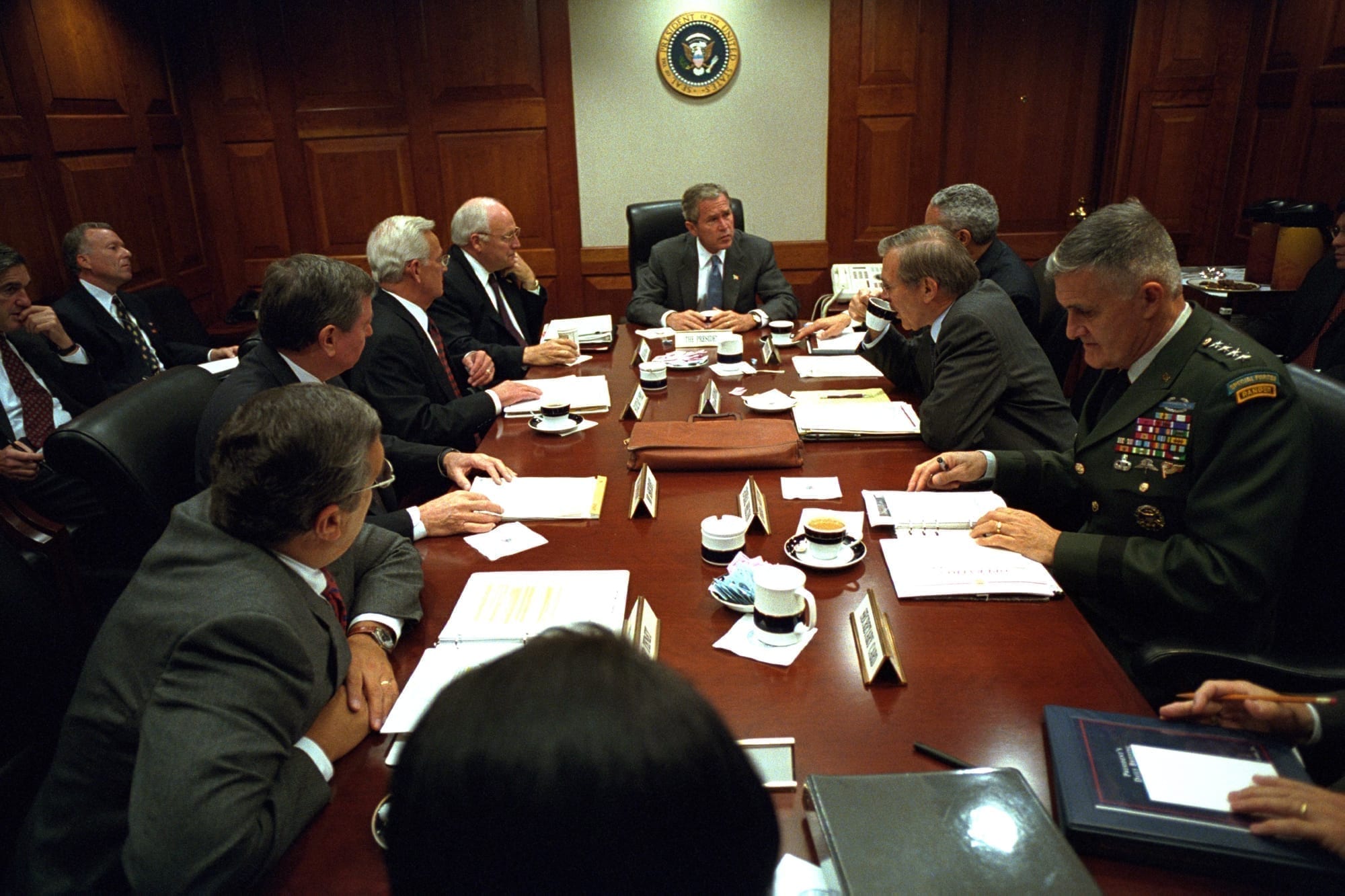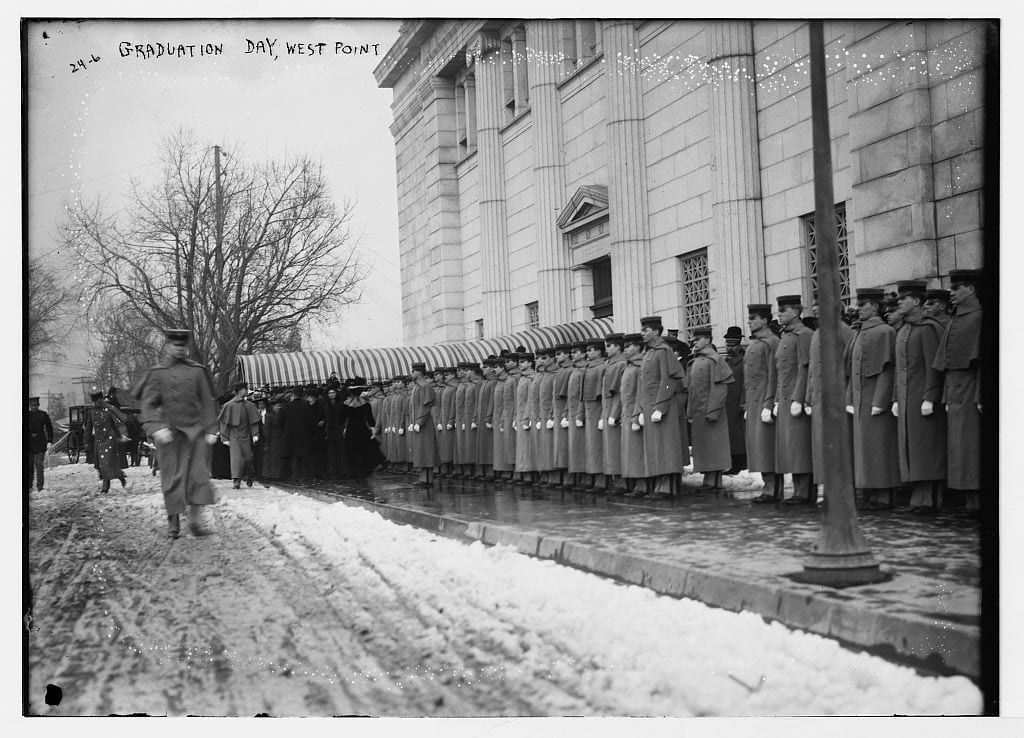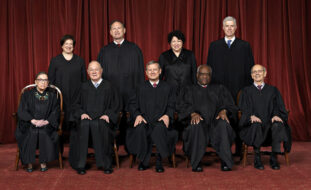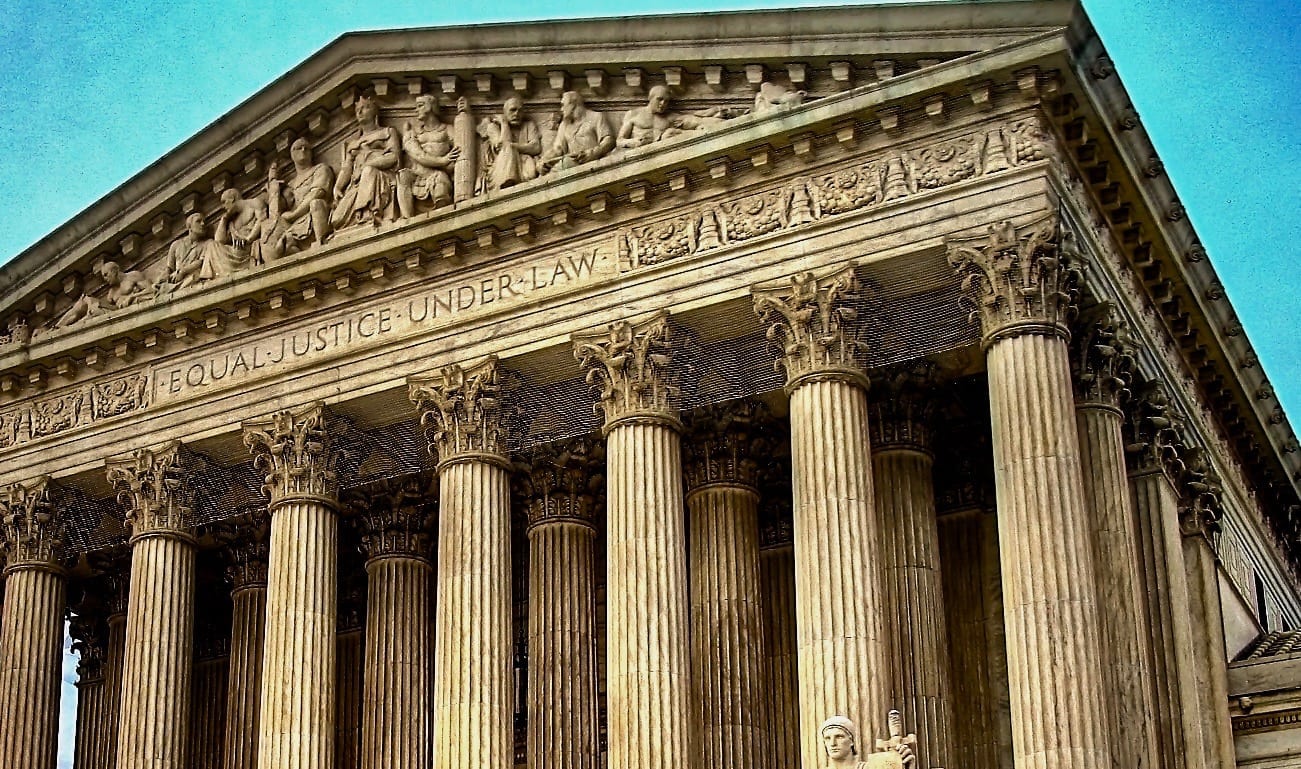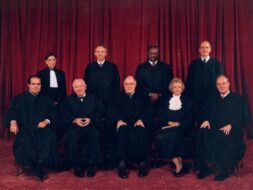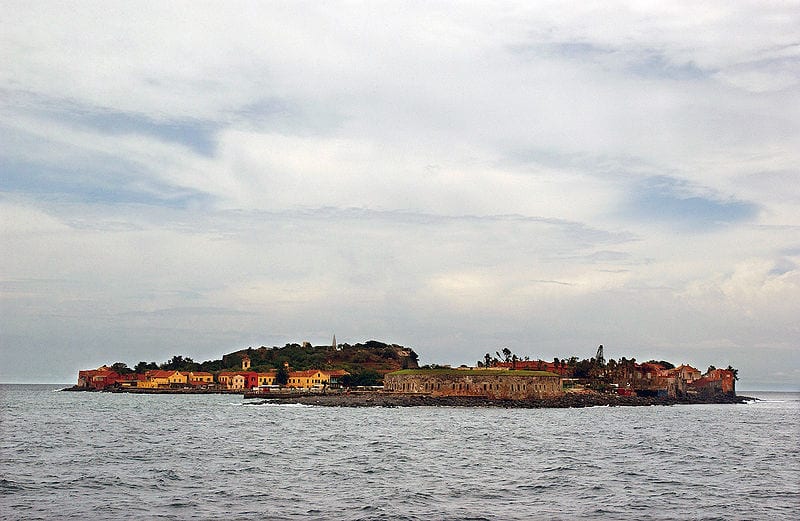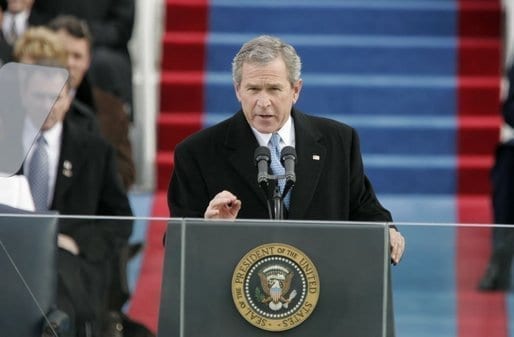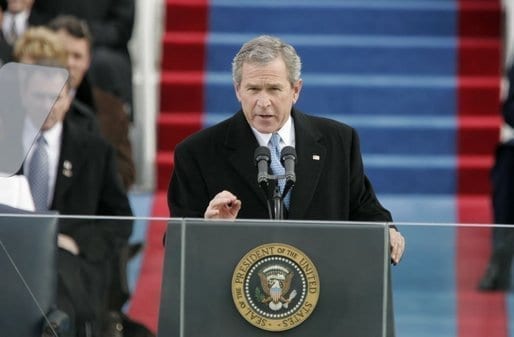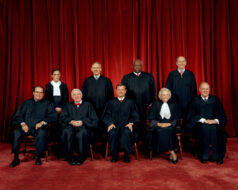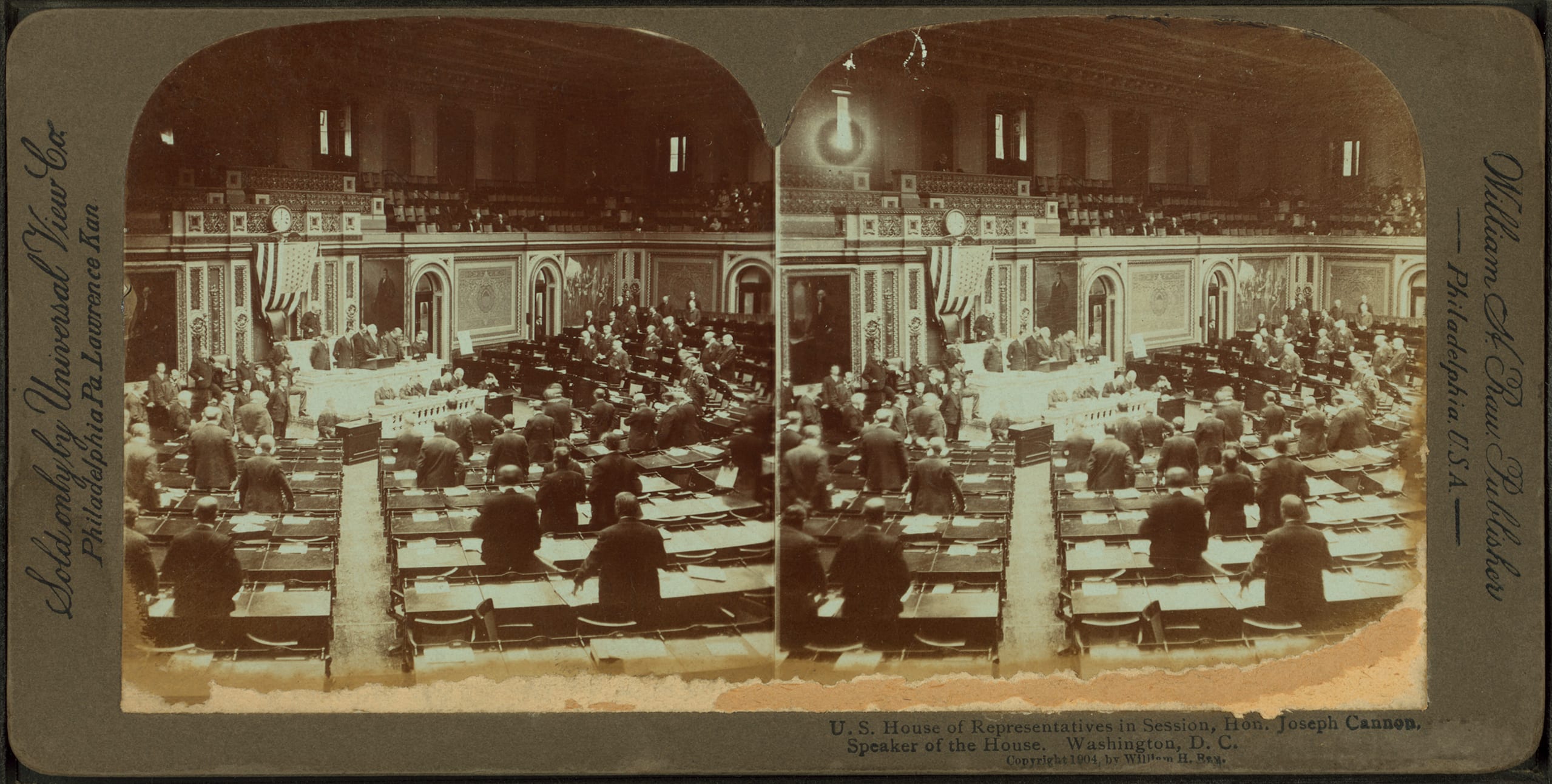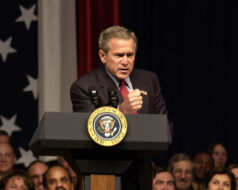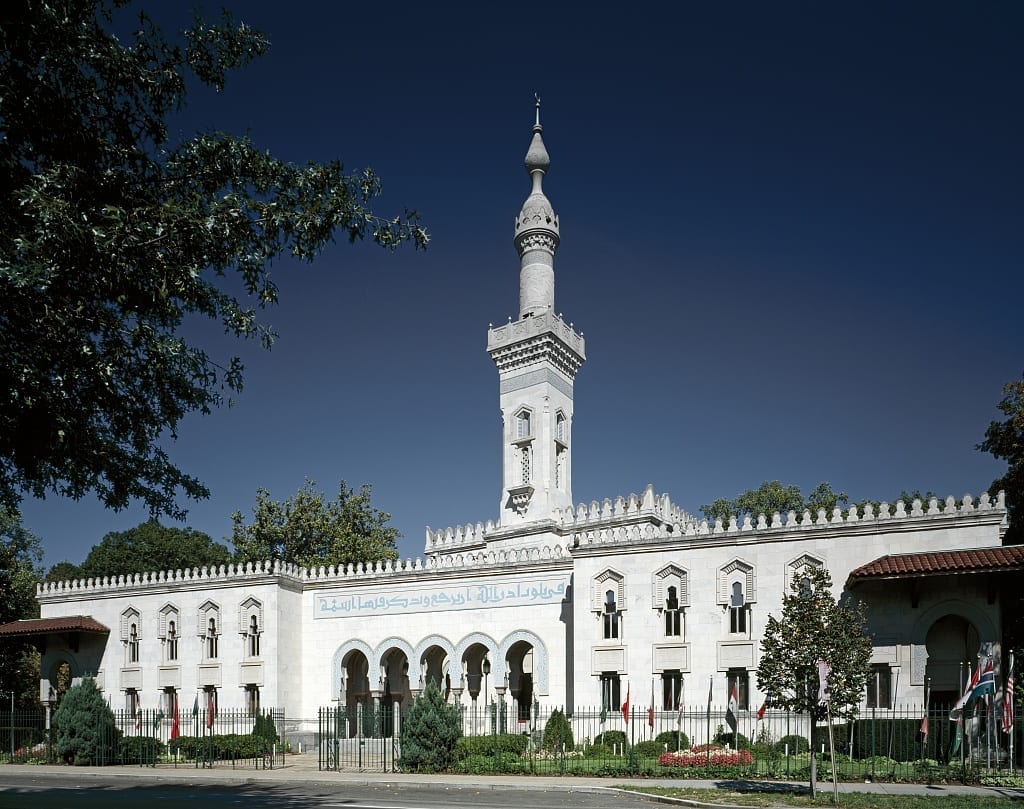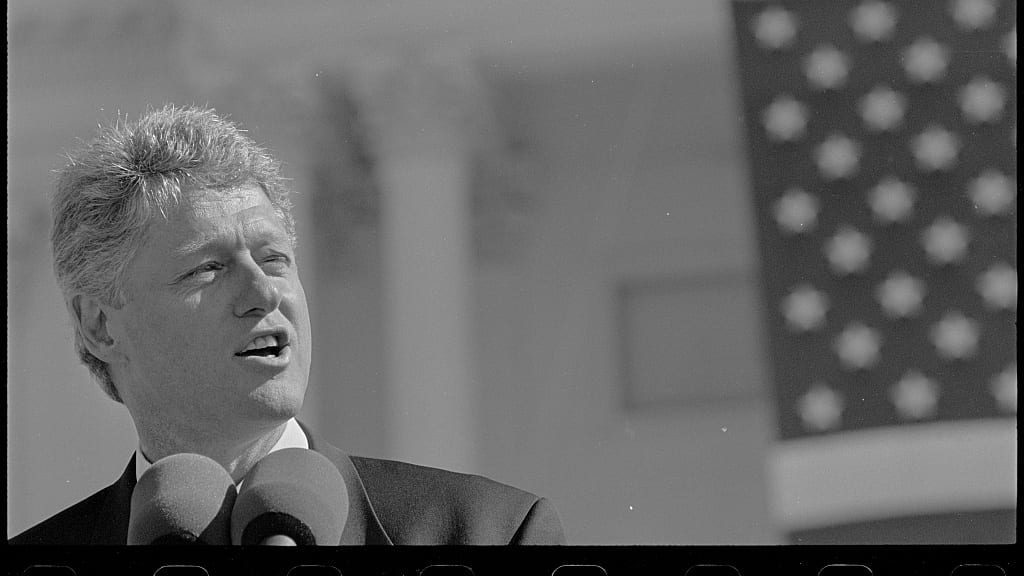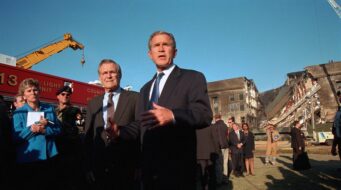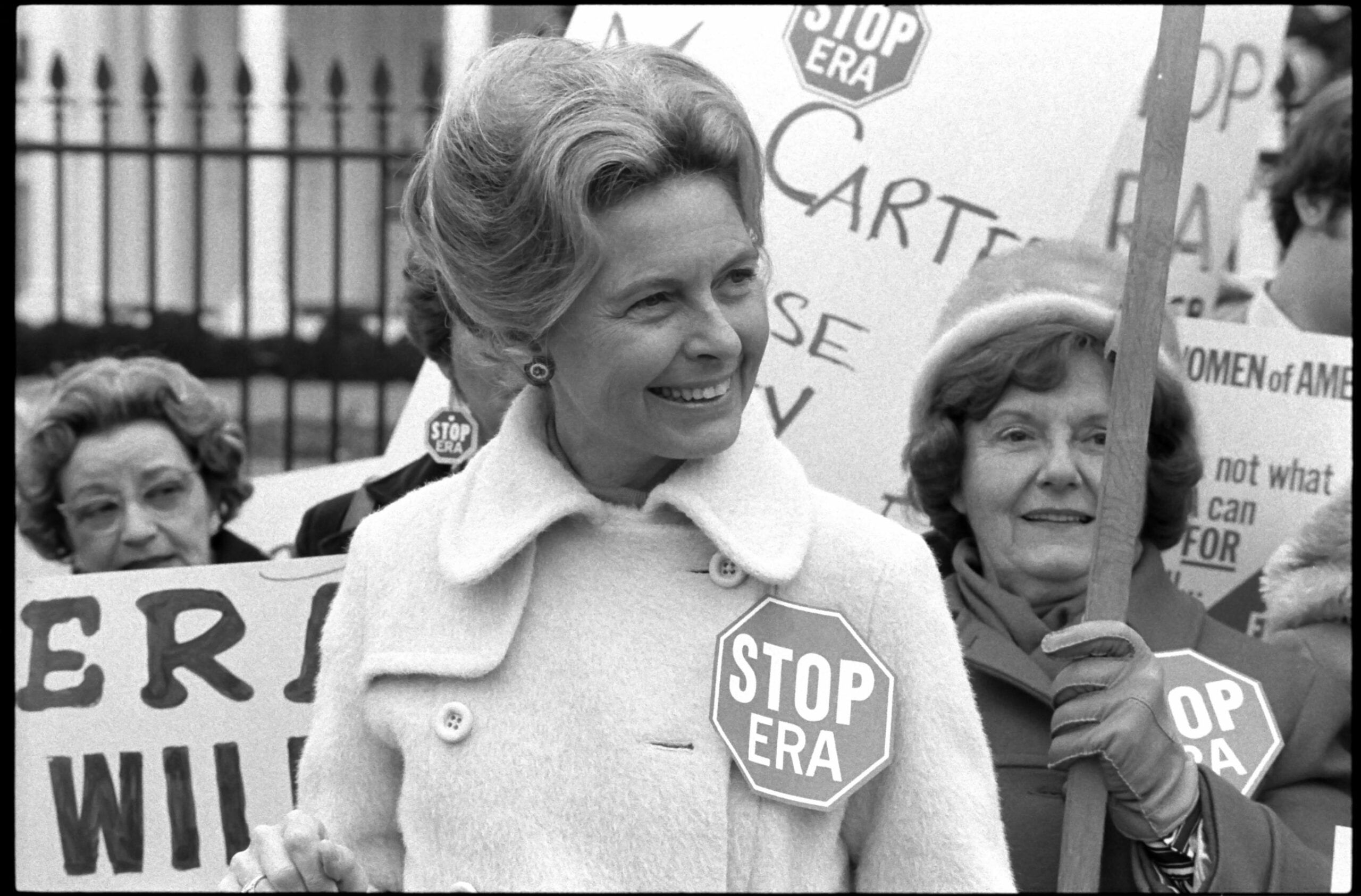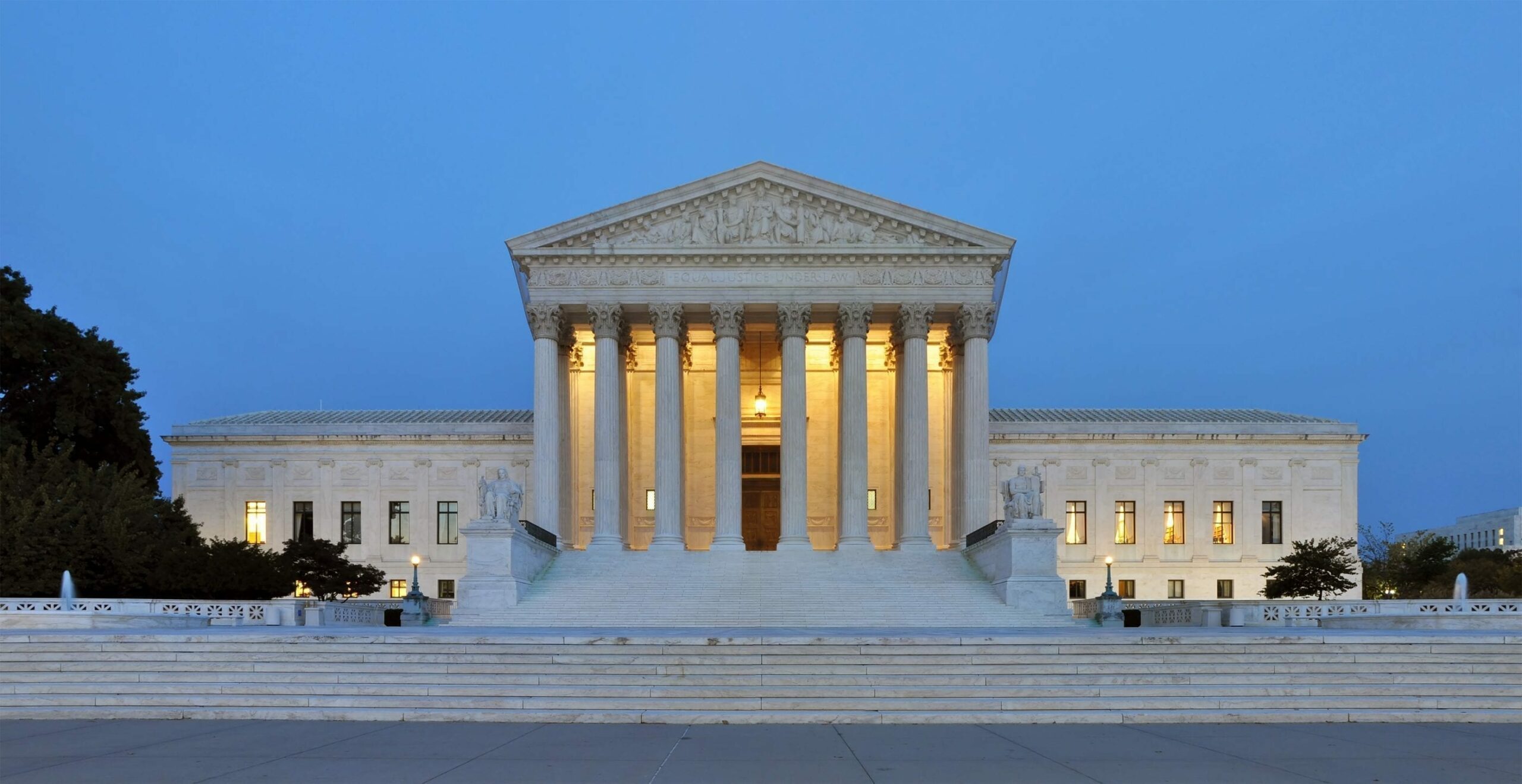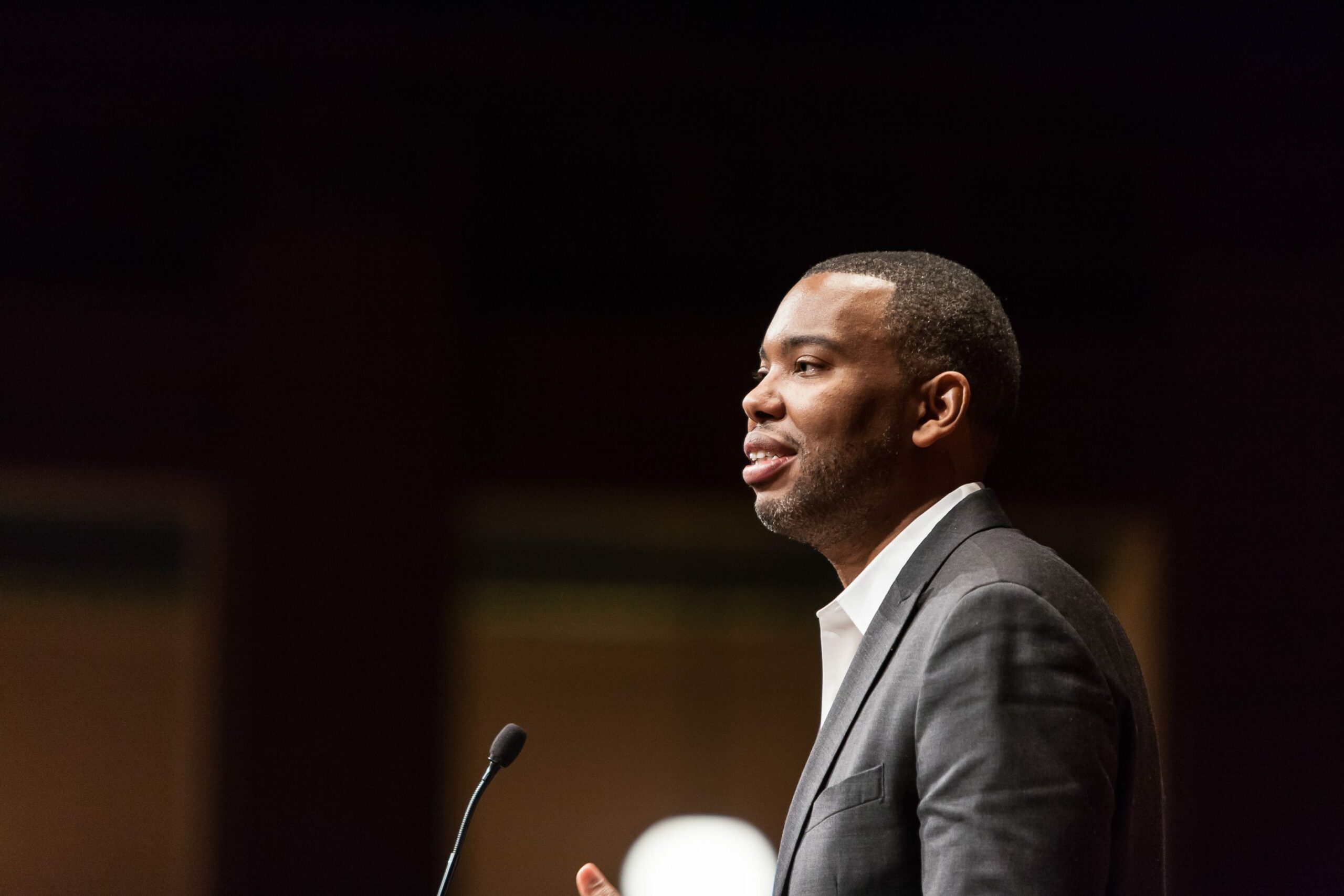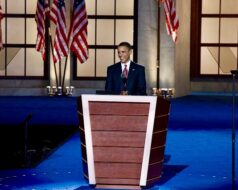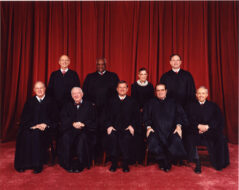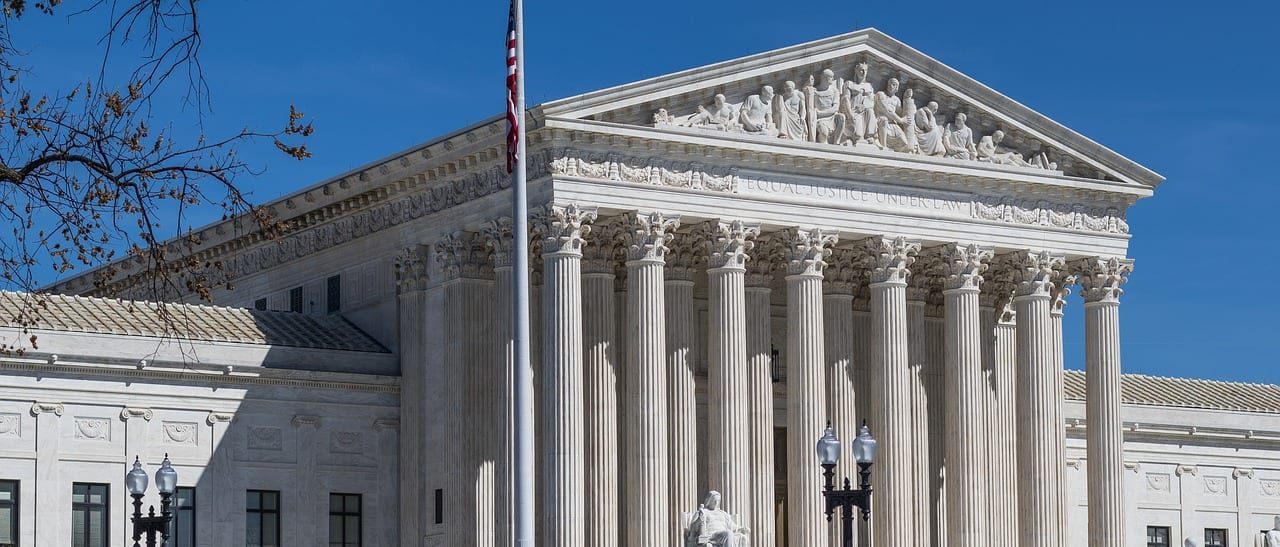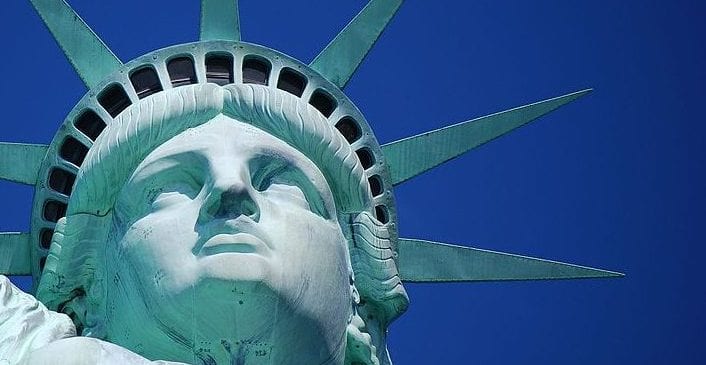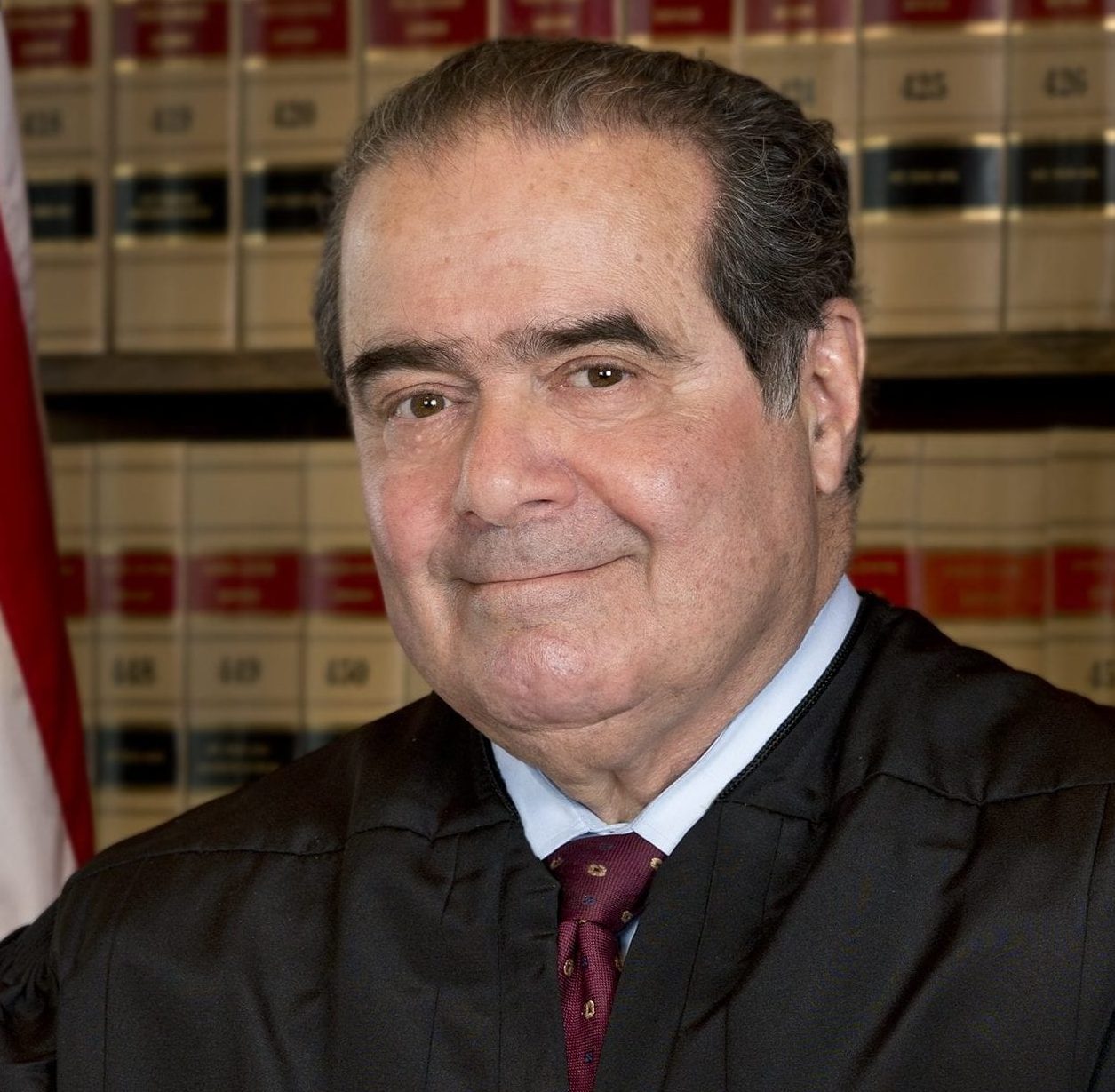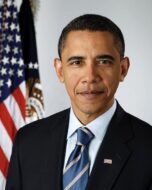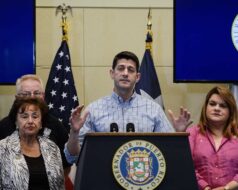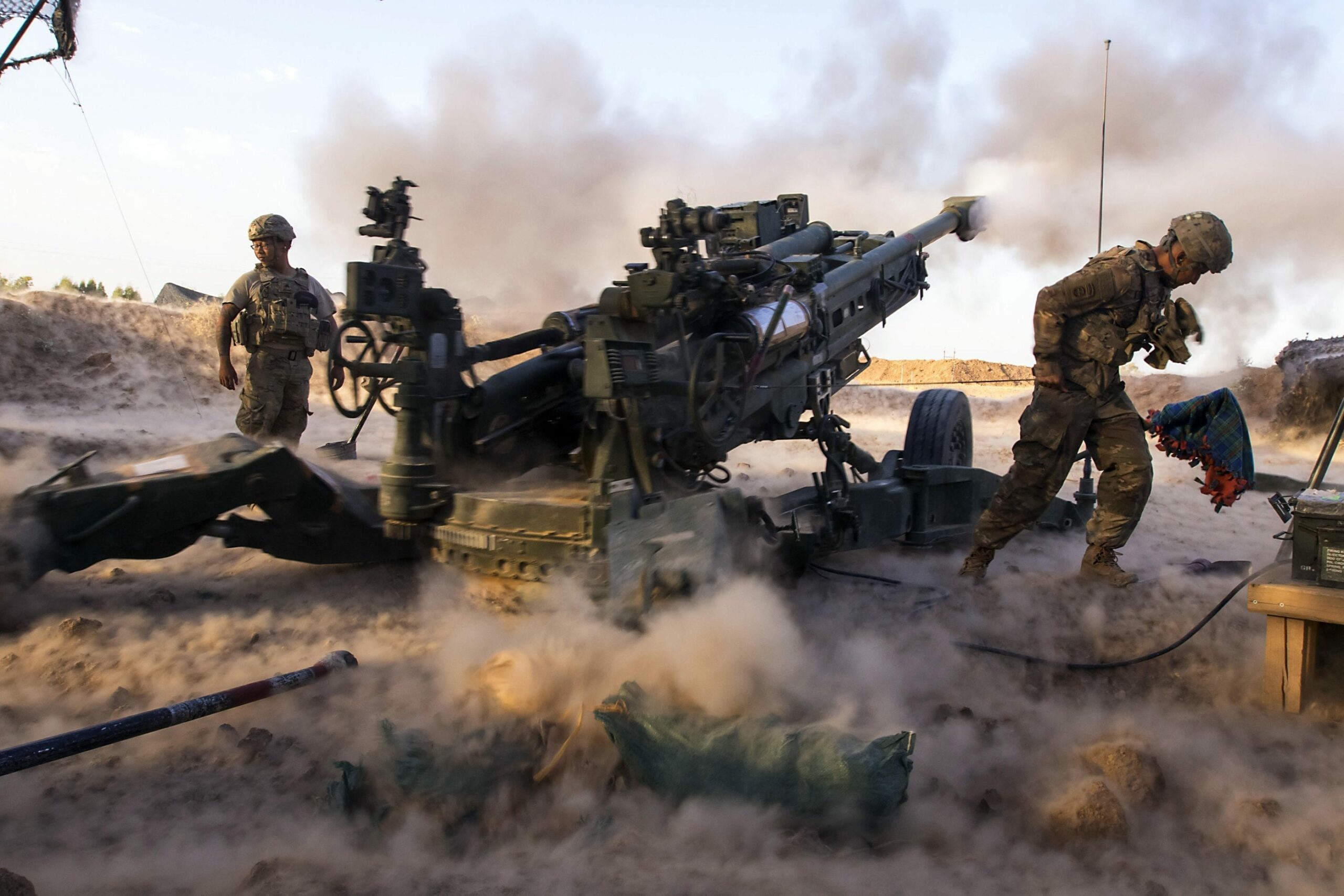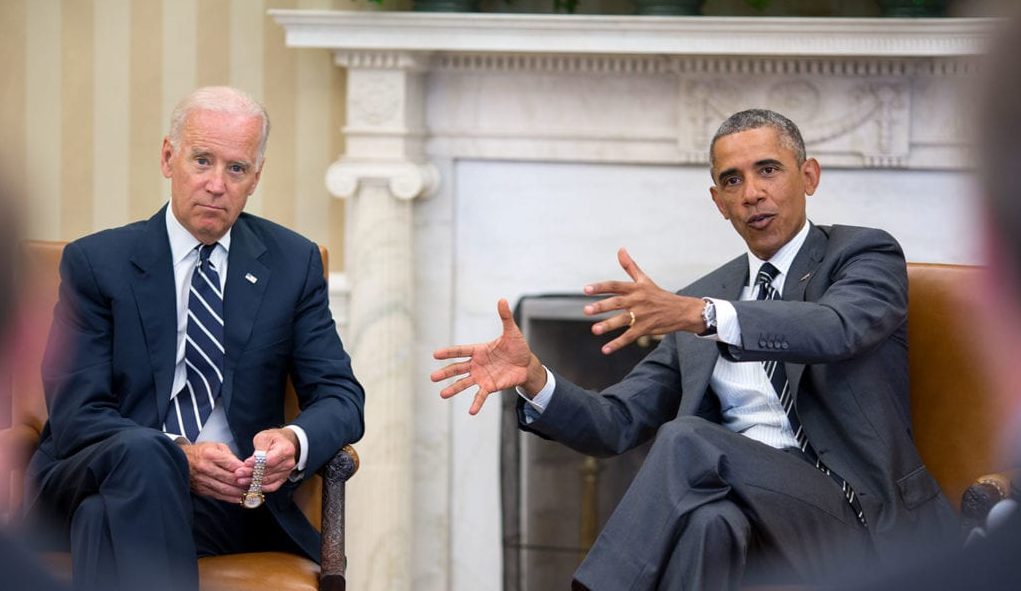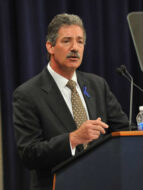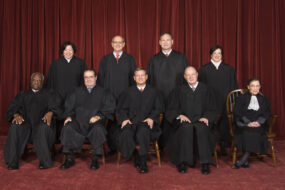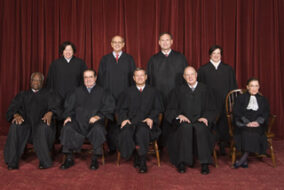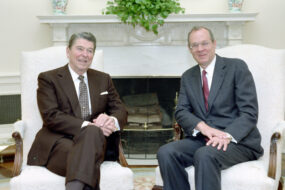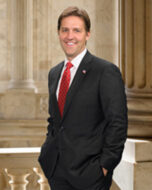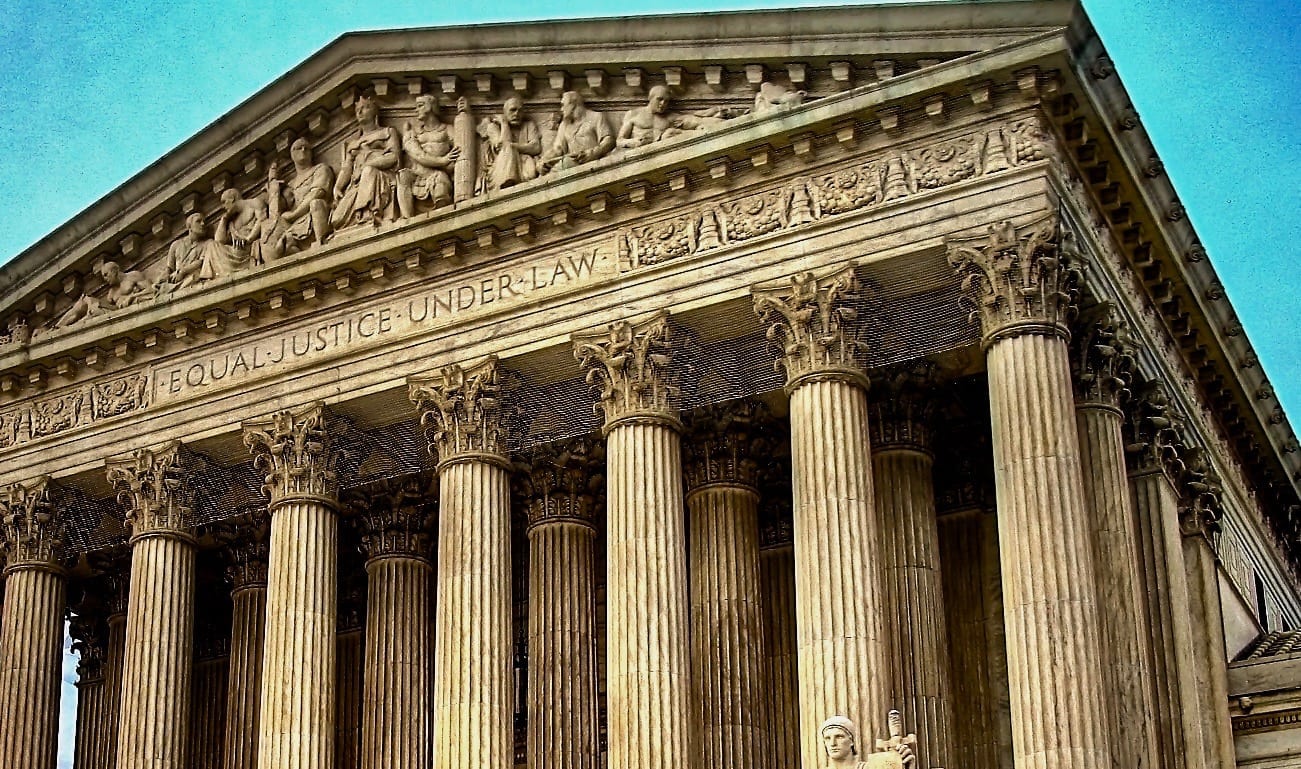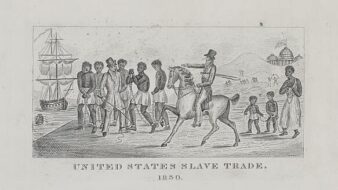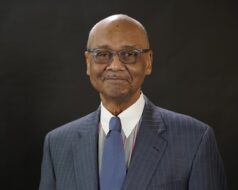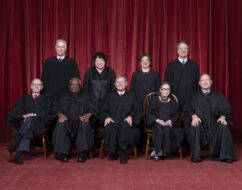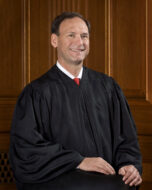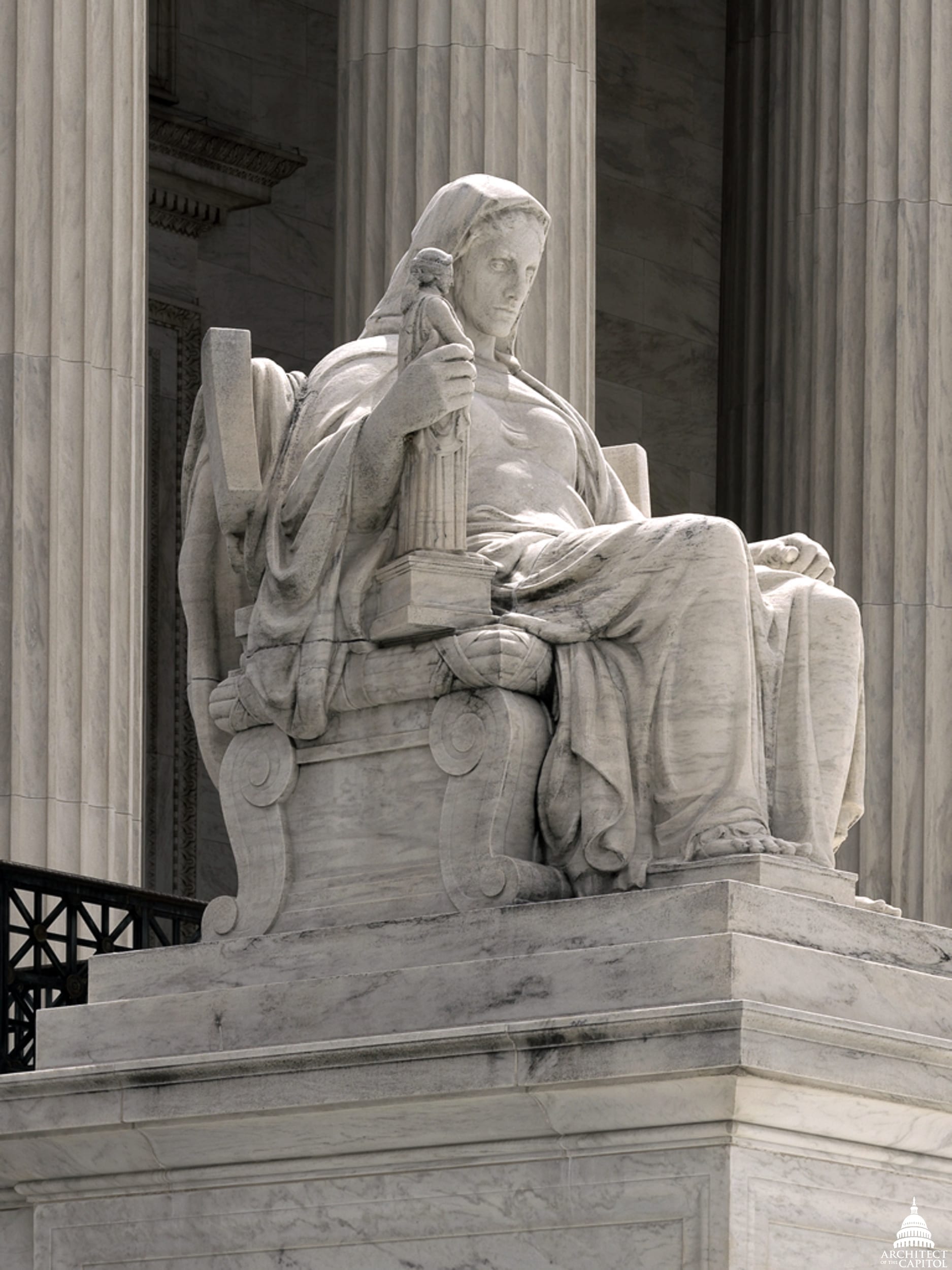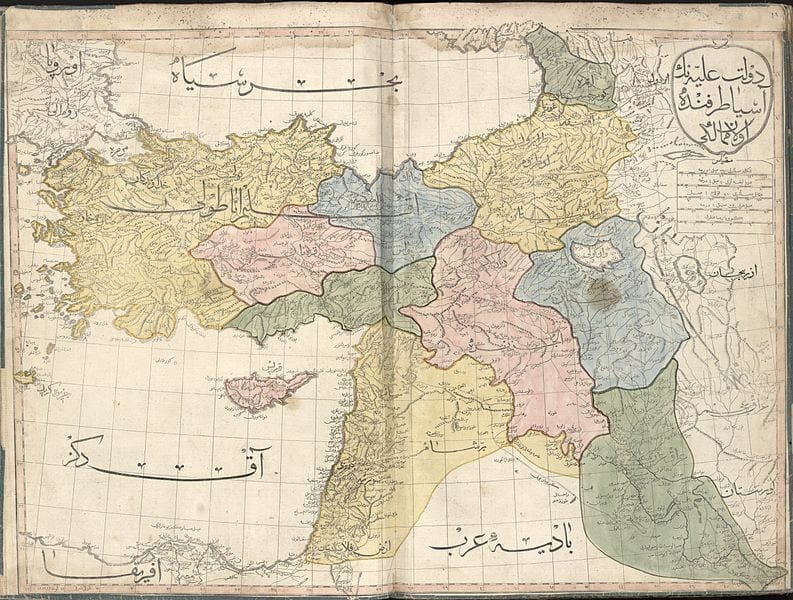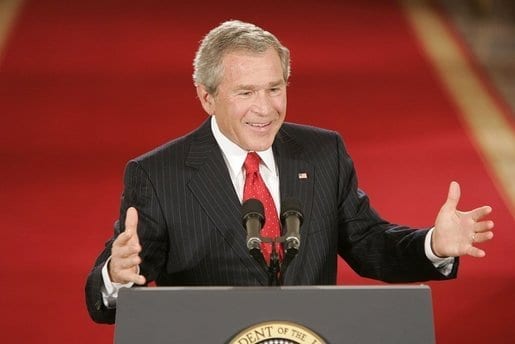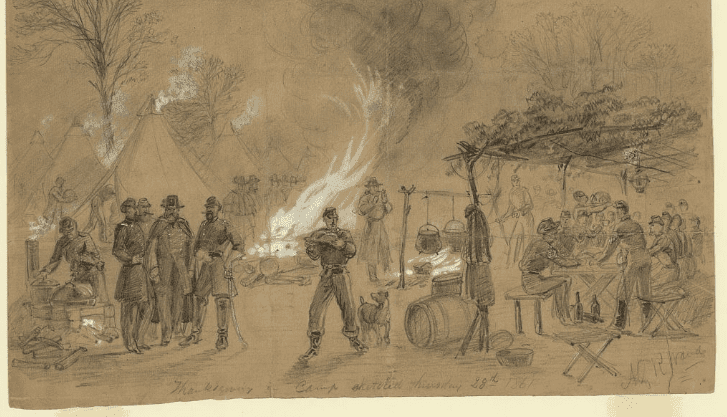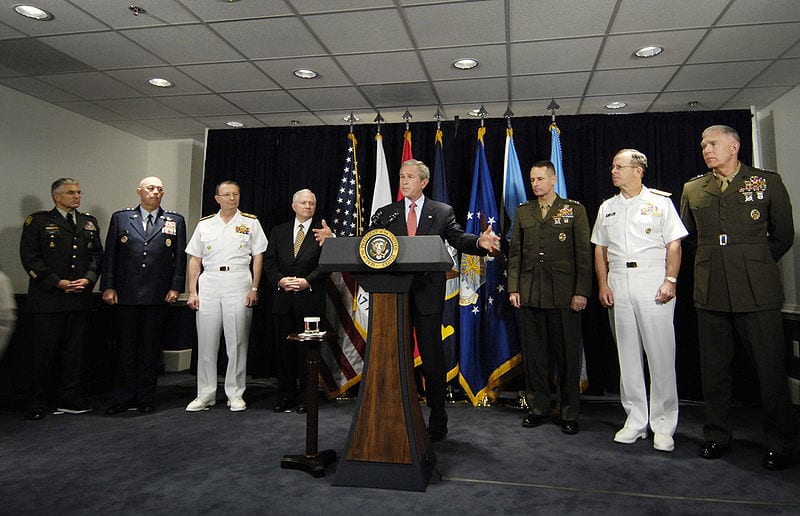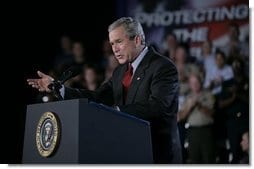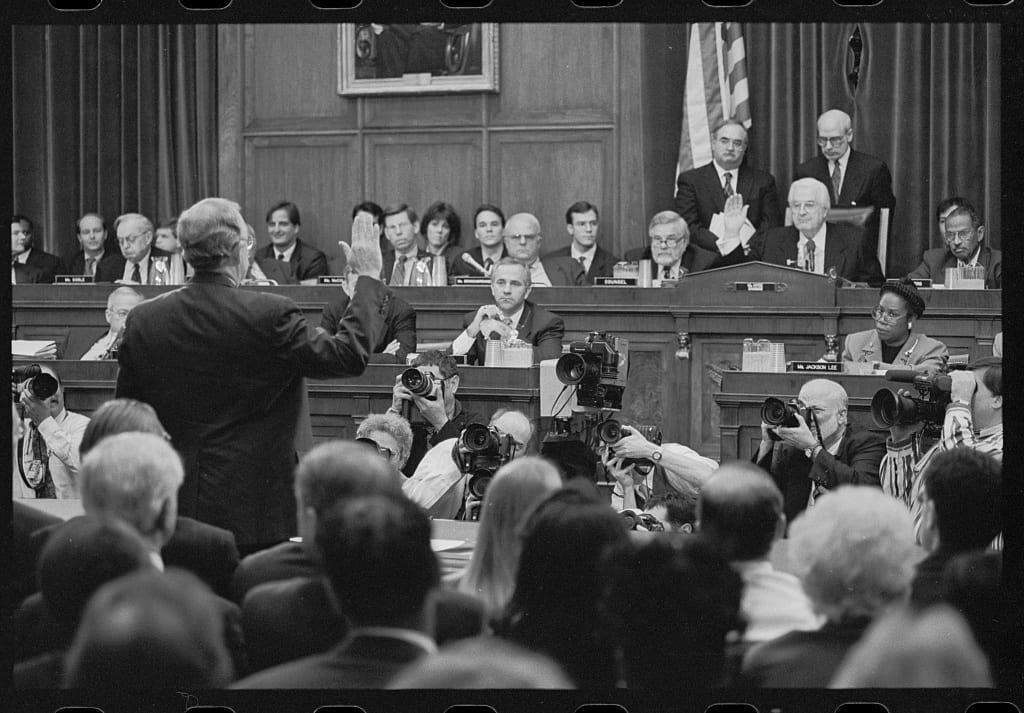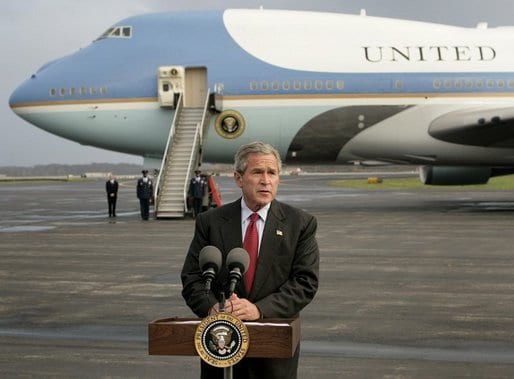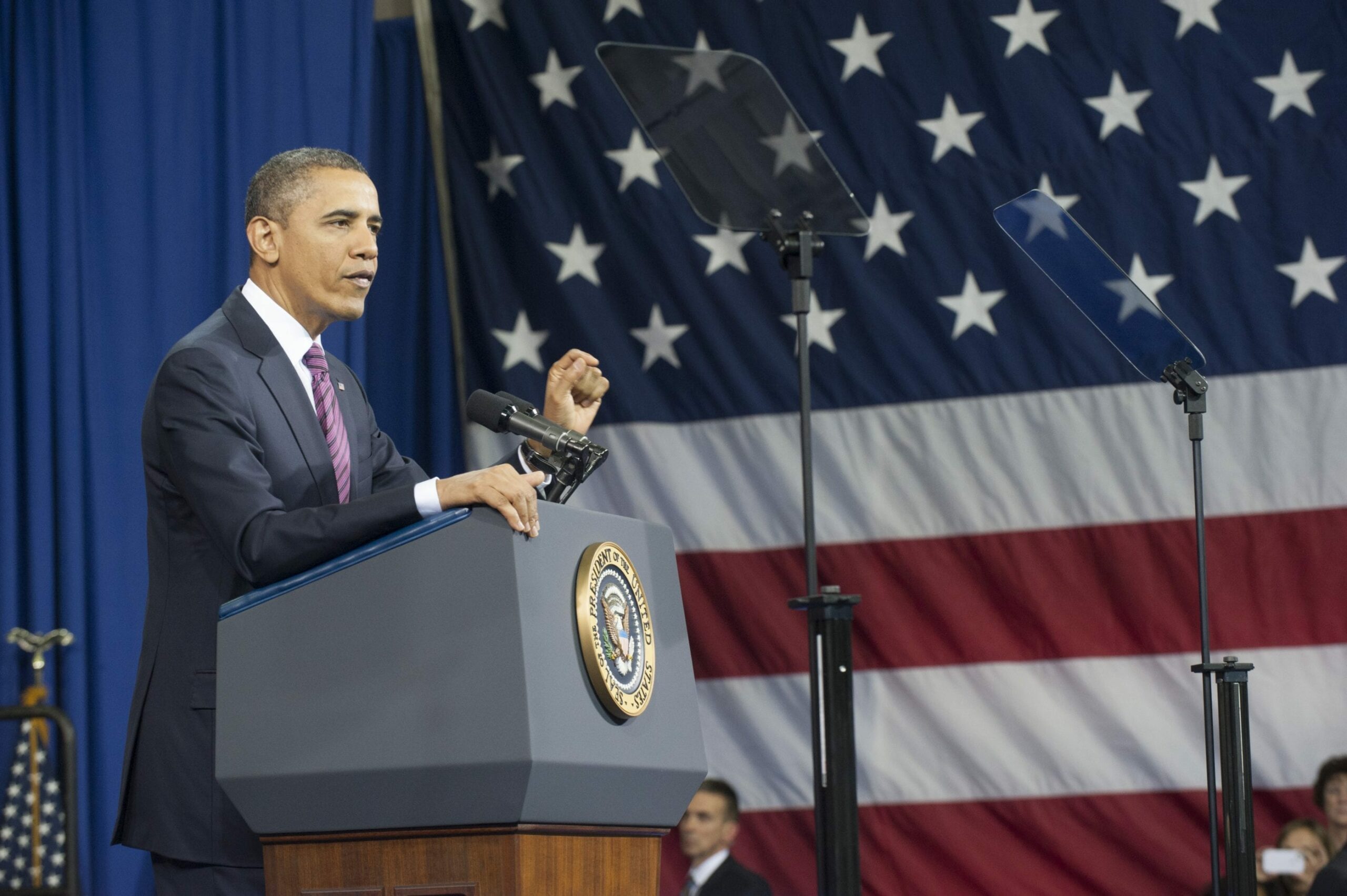
No study questions
No related resources
Introduction
The end of the Cold War (1947–1991; Chapters 24 and 25) ushered in a new era in international relations and raised the question of how the United States should deal with the post-Cold War world. Like his immediate predecessors, President George W. Bush argued that the United States should promote democracy for America’s sake and for the benefit of the world. This included a global struggle against the people and ideas that sponsored the attacks on the United States on September 11, 2001. No less committed to protecting the United States and promoting democracy, President Obama sought a different approach to Islam and less commitment overseas. Senator Paul dissented from the consensus that he argued included both Bush and Obama. Denying he was an isolationist, Paul argued for greater restraint politically, militarily, and financially than he felt recent administrations of either party had shown.
Documents in this chapter are available separately by following the hyperlinks below:
A. President George W. Bush, Inaugural Address, January 20, 2005
B. President Barack Obama, Address at Cairo University, June 4, 2009
C. Senator Rand Paul, “Containment and Radical Islam,” February 6, 2013
Discussion Questions
A. Do Obama and Bush represent a consensus? If so, in what ways do they agree? How do they differ? Does Paul succeed in outlining a foreign policy that is more restrained than the policy of either Bush or Obama but is not isolationist?
B. Compare the speeches of Presidents George W. Bush and Barack Obama to those of Senator Albert Beveridge and Henry Van Dyke in Chapter 20. In what ways are the attitudes and ideas in these speeches similar or different? How does each of these men understand the role of human agency and the power of ideology in moving “history” forward?
C. Consider the issues raised by the texts here in light of the views of America’s place in the world expressed by those who colonized America and those who participated in the American Revolution (see Volume 1, Chapters 1-6). How do the arguments of Bush, Obama, and Paul compare with those made about war with Mexico (Volume 1, Chapter 13)?
A. President George W. Bush, Second Inaugural Address, January 20, 2005
. . . At this second gathering, our duties are defined not by the words I use but by the history we have seen together. For a half a century, America defended our own freedom by standing watch on distant borders. After the shipwreck of communism came years of relative quiet, years of repose, years of sabbatical, and then there came a day of fire.
We have seen our vulnerability, and we have seen its deepest source. For as long as whole regions of the world simmer in resentment and tyranny, prone to ideologies that feed hatred and excuse murder, violence will gather and multiply in destructive power and cross the most defended borders and raise a mortal threat. There is only one force of history that can break the reign of hatred and resentment and expose the pretensions of tyrants and reward the hopes of the decent and tolerant, and that is the force of human freedom.
We are led, by events and common sense, to one conclusion: The survival of liberty in our land increasingly depends on the success of liberty in other lands. The best hope for peace in our world is the expansion of freedom in all the world.
America’s vital interests and our deepest beliefs are now one. From the day of our founding, we have proclaimed that every man and woman on this Earth has rights and dignity and matchless value, because they bear the image of the Maker of heaven and Earth. Across the generations, we have proclaimed the imperative of self-government, because no one is fit to be a master and no one deserves to be a slave. Advancing these ideals is the mission that created our Nation. It is the honorable achievement of our fathers. Now, it is the urgent requirement of our Nation’s security and the calling of our time.
So it is the policy of the United States to seek and support the growth of democratic movements and institutions in every nation and culture, with the ultimate goal of ending tyranny in our world. This is not primarily the task of arms, though we will defend ourselves and our friends by force of arms when necessary. Freedom, by its nature, must be chosen and defended by citizens and sustained by the rule of law and the protection of minorities. And when the soul of a nation finally speaks, the institutions that arise may reflect customs and traditions very different from our own. America will not impose our own style of government on the unwilling. Our goal instead is to help others find their own voice, attain their own freedom, and make their own way.
The great objective of ending tyranny is the concentrated work of generations. The difficulty of the task is no excuse for avoiding it. America’s influence is not unlimited, but fortunately for the oppressed, America’s influence is considerable and we will use it confidently in freedom’s cause.
My most solemn duty is to protect this nation and its people from further attacks and emerging threats. Some have unwisely chosen to test America’s resolve and have found it firm. We will persistently clarify the choice before every ruler and every nation, the moral choice between oppression, which is always wrong, and freedom, which is eternally right. . . .
Some, I know, have questioned the global appeal of liberty, though this time in history, four decades defined by the swiftest advance of freedom ever seen, is an odd time for doubt. Americans, of all people, should never be surprised by the power of our ideals. Eventually, the call of freedom comes to every mind and every soul. We do not accept the existence of permanent tyranny because we do not accept the possibility of permanent slavery. Liberty will come to those who love it. . . .
B. President Barack Obama, Address at Cairo University, June 4, 2009
. . . I’ve come here to Cairo to seek a new beginning between the United States and Muslims around the world, one based on mutual interest and mutual respect and one based upon the truth that America and Islam are not exclusive and need not be in competition. Instead, they overlap and share common principles – principles of justice and progress, tolerance and the dignity of all human beings. . . .
. . . [H]uman history has often been a record of nations and tribes and, yes, religions subjugating one another in pursuit of their own interests. Yet in this new age, such attitudes are self-defeating. Given our interdependence, any world order that elevates one nation or group of people over another will inevitably fail. . . .
. . . [L]et me speak as clearly and as plainly as I can about some specific issues that I believe we must finally confront together.
The first issue that we have to confront is violent extremism in all of its forms. In Ankara, I made clear that America is not, and never will be, at war with Islam. We will, however, relentlessly confront violent extremists who pose a grave threat to our security, because we reject the same thing that people of all faiths reject: the killing of innocent men, women, and children. And it is my first duty as President to protect the American people. . . .
[The President next discussed Palestine, and nuclear proliferation.]
The fourth issue that I will address is democracy. . . . No system of government can or should be imposed by one nation on any other.
That does not lessen my commitment, however, to governments that reflect the will of the people. Each nation gives life to this principle in its own way, grounded in the traditions of its own people. America does not presume to know what is best for everyone, just as we would not presume to pick the outcome of a peaceful election. But I do have an unyielding belief that all people yearn for certain things: the ability to speak your mind and have a say in how you are governed, confidence in the rule of law and the equal administration of justice, government that is transparent and doesn’t steal from the people, the freedom to live as you choose. These are not just American ideas, they are human rights. And that is why we will support them everywhere.
Now, there is no straight line to realize this promise, but this much is clear: Governments that protect these rights are ultimately more stable, successful, and secure. Suppressing ideas never succeeds in making them go away. America respects the right of all peaceful and law-abiding voices to be heard around the world, even if we disagree with them. And we will welcome all elected, peaceful governments, provided they govern with respect for all their people.
This last point is important, because there are some who advocate for democracy only when they’re out of power. Once in power, they are ruthless in suppressing the rights of others. So no matter where it takes hold, government of the people and by the people sets a single standard for all who would hold power. You must maintain your power through consent, not coercion; you must respect the rights of minorities and participate with a spirit of tolerance and compromise; you must place the interests of your people and the legitimate workings of the political process above your party. Without these ingredients, elections alone do not make true democracy.
The fifth issue that we must address together is religious freedom. Islam has a proud tradition of tolerance. We see it in the history of Andalusia and Cordoba during the Inquisition. I saw it firsthand as a child in Indonesia, where devout Christians worshiped freely in an overwhelmingly Muslim country. That is the spirit we need today. People in every country should be free to choose and live their faith based upon the persuasion of the mind and the heart and the soul. This tolerance is essential for religion to thrive, but it’s being challenged in many different ways. . . .
The sixth issue that I want to address is women’s rights. I know – [applause] – I know, and you can tell from this audience, that there is a healthy debate about this issue. I reject the view of some in the West that a woman who chooses to cover her hair is somehow less equal, but I do believe that a woman who is denied an education is denied equality. And it is no coincidence that countries where women are well educated are far more likely to be prosperous. . . .
I am convinced that our daughters can contribute just as much to society as our sons. Our common prosperity will be advanced by allowing all humanity, men and women, to reach their full potential. I do not believe that women must make the same choices as men in order to be equal, and I respect those women who choose to live their lives in traditional roles. But it should be their choice. And that is why the United States will partner with any Muslim-majority country to support expanded literacy for girls and to help young women pursue employment through microfinancing that helps people live their dreams.
Finally, I want to discuss economic development and opportunity. I know that for many, the face of globalization is contradictory. The Internet and television can bring knowledge and information, but also offensive sexuality and mindless violence into the home. Trade can bring new wealth and opportunities, but also huge disruptions and change in communities. In all nations, including America, this change can bring fear. Fear that because of modernity, we lose control over our economic choices, our politics, and, most importantly, our identities, those things we most cherish about our communities, our families, our traditions, and our faith.
But I also know that human progress cannot be denied. There need not be contradictions between development and tradition. Countries like Japan and South Korea grew their economies enormously while maintaining distinct cultures. The same is true for the astonishing progress within Muslim-majority countries from Kuala Lumpur to Dubai. In ancient times and in our times, Muslim communities have been at the forefront of innovation and education.
. . .
I know there are many, Muslim and non-Muslim, who question whether we can forge this new beginning. Some are eager to stoke the flames of division and to stand in the way of progress. Some suggest that it isn’t worth the effort, that we are fated to disagree and civilizations are doomed to clash. Many more are simply skeptical that real change can occur. There’s so much fear, so much mistrust that has built up over the years. But if we choose to be bound by the past, we will never move forward. And I want to particularly say this to young people of every faith in every country: You, more than anyone, have the ability to reimagine the world, to remake this world. . . .
. . . It’s easier to start wars than to end them. It’s easier to blame others than to look inward. It’s easier to see what is different about someone than to find the things we share. But we should choose the right path, not just the easy path. There’s one rule that lies at the heart of every religion, that we do unto others as we would have them do unto us. This truth transcends nations and peoples, a belief that isn’t new, that isn’t black or white or brown, that isn’t Christian or Muslim or Jew. It’s a belief that pulsed in the cradle of civilization and that still beats in the hearts of billions around the world. It’s a faith in other people, and it’s what brought me here today. We have the power to make the world we seek, but only if we have the courage to make a new beginning, keeping in mind what has been written.
The Holy Koran tells us: “O mankind! We have created you male and a female, and we have made you into nations and tribes so that you may know one another.” The Talmud tells us: “The whole of the Torah is for the purpose of promoting peace.” The Holy Bible tells us: “Blessed are the peacemakers, for they shall be called sons of God.” The people of the world can live together in peace. We know that is God’s vision. Now that must be our work here on Earth.
Thank you, and may God’s peace be upon you.
C. Senator Rand Paul (R-KY), Containment and Radical Islam, February 6, 2013
I got the idea for this speech when I read a book about George Kennan. . . . The topic of the speech is containment and radical Islam.
Foreign policy is uniquely an arena where we should base decisions on the landscape of the world as it is, not as we wish it to be. I see the world as it is. I am a realist, not a neoconservative, nor an isolationist.
When candidate John McCain argued in 2007 that we should remain in Iraq for 100 years, I blanched and I wondered what the unintended consequences of prolonged occupation would be. But McCain’s call for a hundred year occupation does capture some truth: that the West is in for a long, irregular confrontation not with terrorism, which is simply a tactic, but with Radical Islam.
As many are quick to note, the war is not with Islam but with a radical element of Islam – the problem is that this element is no small minority but a vibrant, often mainstream, vocal and numerous minority. Whole countries, such as Saudi Arabia, Pakistan and Afghanistan, where we presided over a constitution written by “moderates,” adhere to at least certain radical concepts, such as the death penalty for blasphemy, conversion, or apostasy. A survey in Britain after the subway bombings showed 20% of the Muslim population in Britain approved of the violence.
Some libertarians argue that western occupation and intervention fans the flames of radical Islam – I agree. But I don’t agree that absent western occupation that radical Islam “goes quietly into that good night.” I don’t agree with [President Franklin D. Roosevelt’s Vice-President] Henry Wallace that the Soviets (or Radical Islam in today’s case) can be discouraged by “the glad hand and the winning smile.”
Americans need to understand that Islam has a long and perseverant memory. As Bernard Lewis writes, “the general level of historical knowledge in American society is abysmally low. The Muslim peoples, like everyone else in the world, are shaped by their history, but unlike some others, they are keenly aware of it.”
Radical Islam is no fleeting fad but a relentless force. Though at times stateless, radical Islam is also supported by radicalized nations such as Iran. Though often militarily weak, radical Islam makes up for its lack of conventional armies with unlimited zeal.
For Americans to grasp the mindset of radical Islam we need to understand that they are still hopping mad about the massacre at Karbala some thirteen hundred years ago. Meanwhile, many Americans seem to be more concerned with who is winning Dancing with the Stars. Over 50 percent of Americans still believe Iraq attacked us on 9/11.
Until we understand the world around us, until we understand at least a modicum of what animates our enemies, we cannot defend ourselves and we cannot contain our enemies.
To understand how we will contain radical Islam, we need to understand the longest, most dangerous war in our history, the Cold War. In February 1946, George Kennan sent a five thousand word telegram heard round the world. The Long Telegram gained him instant and near universal fame, as it called for containment of the Soviet Union. . . .
I think all of us have the duty to ask where are the Kennans of our generation? When foreign policy has become so monolithic, so lacking in debate that Republicans and Democrats routinely pass foreign policy statements without debate and without votes, where are the calls for moderation, the calls for restraint?
Anyone who questions the bipartisan consensus is immediately castigated, rebuked and their patriotism challenged. . . .
Containment, though, should be discussed as an option with regard to a larger threat, the more generalized threat from radical Islam. Radical Islam, like communism, is an ideology with far reach and will require a firm and patient opposition. . . .
. . . [T]he concept of containment succinctly described a strategy . . . “a path between the appeasement that had failed to prevent WWII and the alternative of a third world war.”
What the United States needs now is a policy that finds a middle path. A policy that is not rash or reckless. A foreign policy that is reluctant, restrained by Constitutional checks and balances, but does not appease. A foreign policy that recognizes the danger of radical Islam but also the inherent weaknesses of radical Islam. A foreign policy that recognizes the danger of bombing countries on [the assumption of] what they might someday do. A foreign policy that requires, as Kennan put it, “a long term, patient but firm and vigilant containment of . . . expansive tendencies.” A policy that understands the “distinction between vital and peripheral interests.”
No one believes that Kennan was an isolationist but Kennan did advise that non-interference in the internal affairs of another country was, after all, a long-standing principle of American diplomacy that should be excepted only when “there is a sufficiently powerful national interest” and when “we have the means to conduct such intervention successfully and can afford the cost.”
In Kennan’s famous X article he argues that containment meant the “application of counter-force at a series of constantly shifting geographical and political points, corresponding to the shifts and maneuvers of Soviet policy.” He later clarified, though, that did not necessarily mean that the application of counter-force had to mean a military response. He argued that containment was not a strategy to counter “entirely by military means.” “But containment was not diplomacy [alone] either.”
Like communism, radical Islam is an ideology with worldwide reach. Containing radical Islam requires a worldwide strategy like containment. It requires counterforce at a series of constantly shifting worldwide points. But counterforce does not necessarily mean large-scale land wars with hundreds of thousands of troops, nor does it always mean a military action at all.
Kennan objected to the Truman Doctrine’s “implied obligation to act wherever Soviet aggression or intimidation occurred, without regard to whether American interests were at stake or the means existed with which to defend them.” He was also concerned that the Truman doctrine was “a blank check to give economic and military aid to any area in the world.”
Likewise, today’s “Truman” caucus wants boots on the ground and weapons in the hands of freedom fighters everywhere, including Syrian rebels. Perhaps we might want to ask the opinion of the one million Syrian Christians, many of whom fled Iraq after our Shiite allies were installed. Perhaps, we might want to ask: Will the Syrian rebels respect the rights of Christians, women, and other ethnic minorities?
In the 1980s, the war caucus in Congress armed bin Laden and the mujaheddin in their fight with the Soviet Union. In fact, it was the official position of the State Department to support radical jihad against the Soviets. We all know how well that worked out.
Out of the Arab Spring new nations have emerged. While discussion of Iran dominates foreign affairs, I think more time should be allotted to whether we should continue to send aid and weapons to countries that are hostile to Israel and to the United States. I, for one, believe it is unwise to be sending more M1 tanks and F-16 fighters to Egypt.
Kennan argued that “integrating force with foreign policy did not mean ‘blustering, threatening, waving clubs at people and telling them if they don’t do this or that we are going to drop a bomb on them.’” But it did mean maintaining “a preponderance of strength.”
Kennan wrote, “The strength of the Kremlin lies in the fact that it knows how to wait. But the strength of the Russian people lies in the fact that they know how to wait longer.” Radical Islam’s only real strength is just such an endless patience. They know we eventually will leave. They simply wait for us to leave. We cannot afford endless occupation, but this does not mean that by leaving we cannot and will not still contain radical Islam. . . .
Strategic ambiguity is still of value. The world knows we possess an enormous ability of nuclear retaliation. Over 60 years of not using our nuclear weapons shows wise restraint. But for our enemies to be uncertain what provocation may awaken an overwhelming response, nuclear or conventional, is an uncertainty that still helps to keep the peace.
I recognize that foreign policy is complicated. It is inherently less black and white to most people than domestic policy. I think there is room for a foreign policy that strikes a balance.
If for example, we imagine a foreign policy that is everything to everyone, that is everywhere all the time, that would be one polar extreme. Likewise if we imagine a foreign policy that is nowhere any of the time and is completely disengaged from the challenges and dangers to our security that really do exist in the world – well, that would be the other polar extreme.
There are times, such as existed in Afghanistan with the bin Laden terrorist camps, that do require intervention. Maybe, we could be somewhere, some of the time and do so while respecting our Constitution and the legal powers of Congress and the Presidency. . . .
I’d argue that a more restrained foreign policy is the true conservative foreign policy, as it includes two basic tenets of true conservatism: respect for the Constitution and fiscal discipline.
I am convinced that what we need is a foreign policy that works within these two constraints, a foreign policy that works within the confines of the Constitution and the realities of our fiscal crisis. Today in Congress there is no such nuance, no such moderation of dollars or executive power. . . .
[James] Madison wrote, “The Constitution supposes what history demonstrates, that the executive is the branch most prone to war and most interested in it, therefore the Constitution has with studied care vested that power in the legislature.” We have forgotten this.
Since the Korean War, Congress has ignored its responsibility to restrain the President. Congress has abdicated its role in declaring war.
What would a foreign policy look like that tried to strike a balance? First, it would have less soldiers stationed overseas and less bases. Instead of large, limitless land wars in multiple theaters, we would – when necessary – target our enemy and strike with lethal force.
We would not presume that we build nations nor would we presume that we have the resources to build nations. Many of the countries formed after WWI are collections of tribal regions that have never been governed by a central government and may, in fact, be ungovernable.
When we must intervene with force, we should attempt to intervene in cooperation with the host government. Intervention against the will of another nation is war, such as in Afghanistan or Libya, and it should require a declaration of war by Congress. Such constitutional obstacles purposefully make it more difficult to go to war. That was the Founders’ intention: To make war less likely.
We did not declare war or authorize force to begin war with Libya. This is a dangerous precedent. In our foreign policy, Congress has become not even a rubber stamp but an irrelevancy. With Libya, the president sought permission from the UN… from NATO… from the Arab League – everyone but the US Congress! And how did Congress react? Congress let him get away with it.
The looming debt crisis will force us to reassess our role in the world. . . .
It is time for all Americans, and especially conservatives, to become as critical and reflective when examining foreign policy as we are with domestic policy. Should our military be defending this nation or constantly building other nations? What constitutes our actual “national defense” and what parts of our foreign policy are more like an irrational offense? It is the soldier’s job to do his duty – but it is the citizen’s job to question their government – particularly when it comes to putting our soldiers in harm’s way.
And of course, the question we are forced to ask today is, can we afford this?
I hope such questions begin to be asked and we see some sort of return to a constitutional foreign policy. I hope this occurs before the debt crisis occurs and not amidst a crisis. To that end, I will fight to have a voice for those who wish to see a saner, more-balanced approach to foreign policy.
State of the Union Address (2005)
February 02, 2005
Conversation-based seminars for collegial PD, one-day and multi-day seminars, graduate credit seminars (MA degree), online and in-person.

